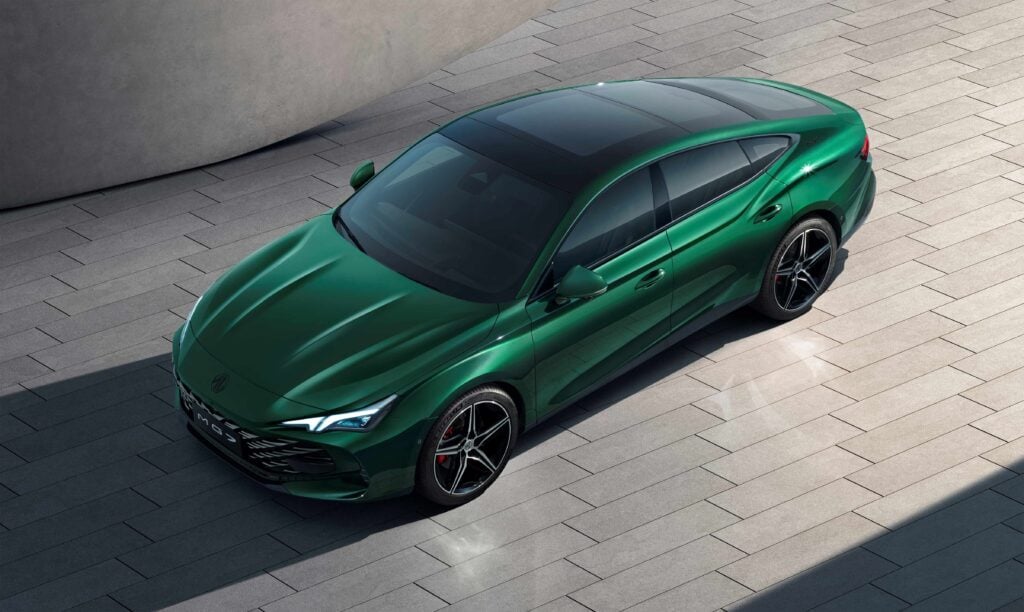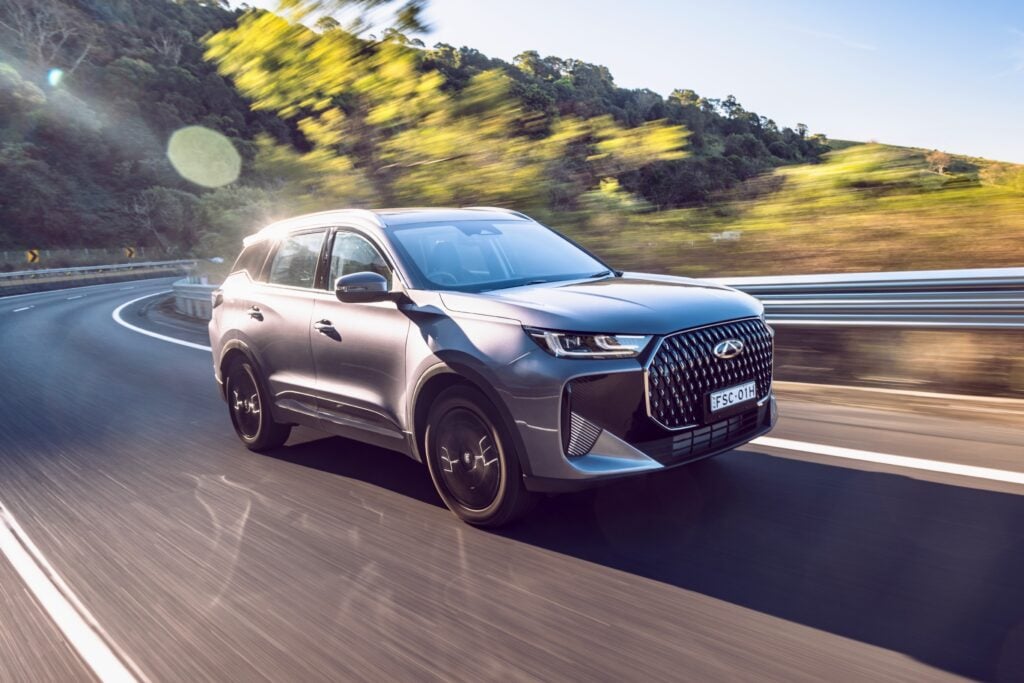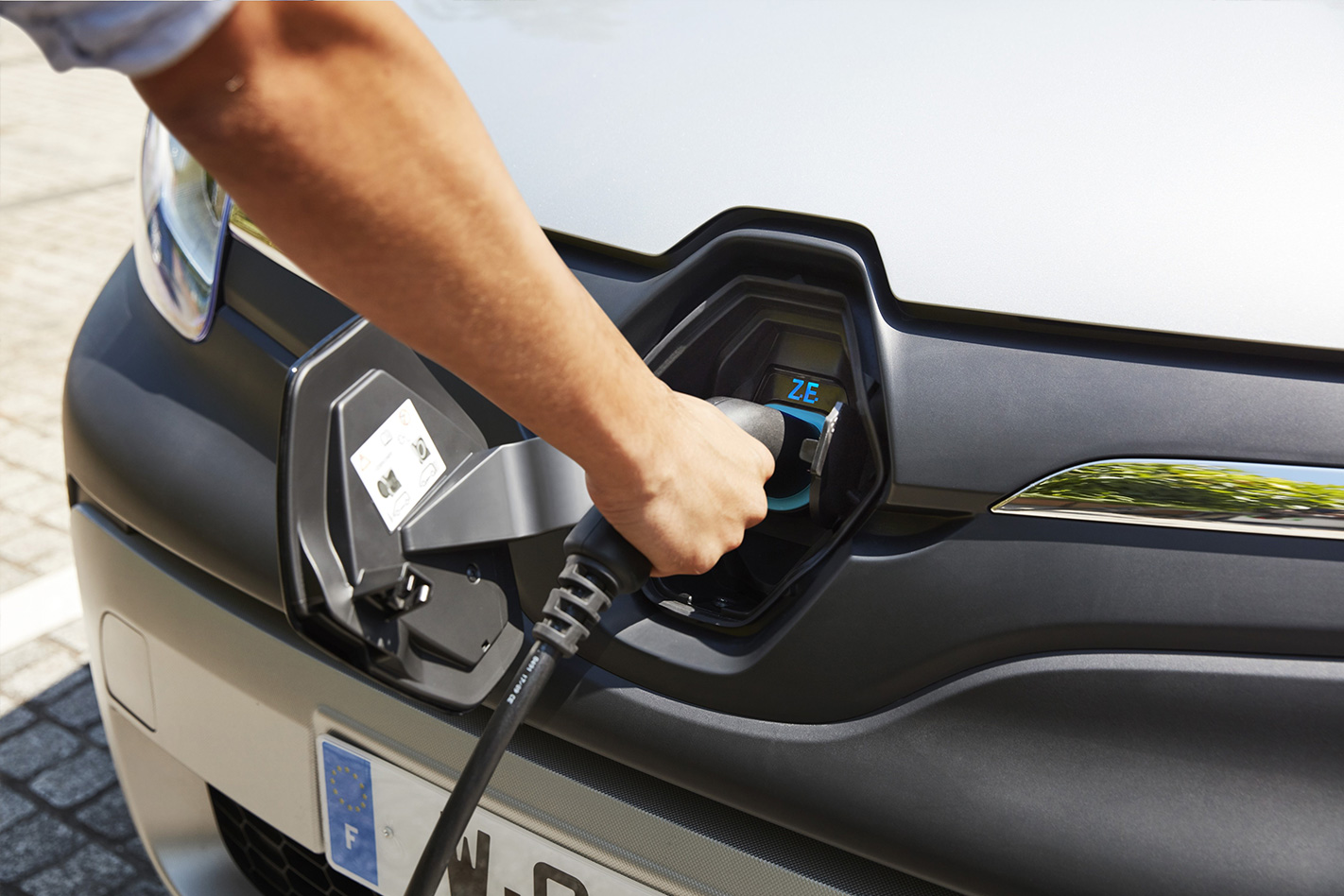
One of Australia’s largest electricity distributors has announced its intention to install up to 30,000 new electric vehicle charging stations around the country by 2029.
Ausgrid’s plan for a streamlined rollout is to install thousands of box chargers on power poles around the country, in urban and suburban areas, plus major tourist destinations and regional towns.
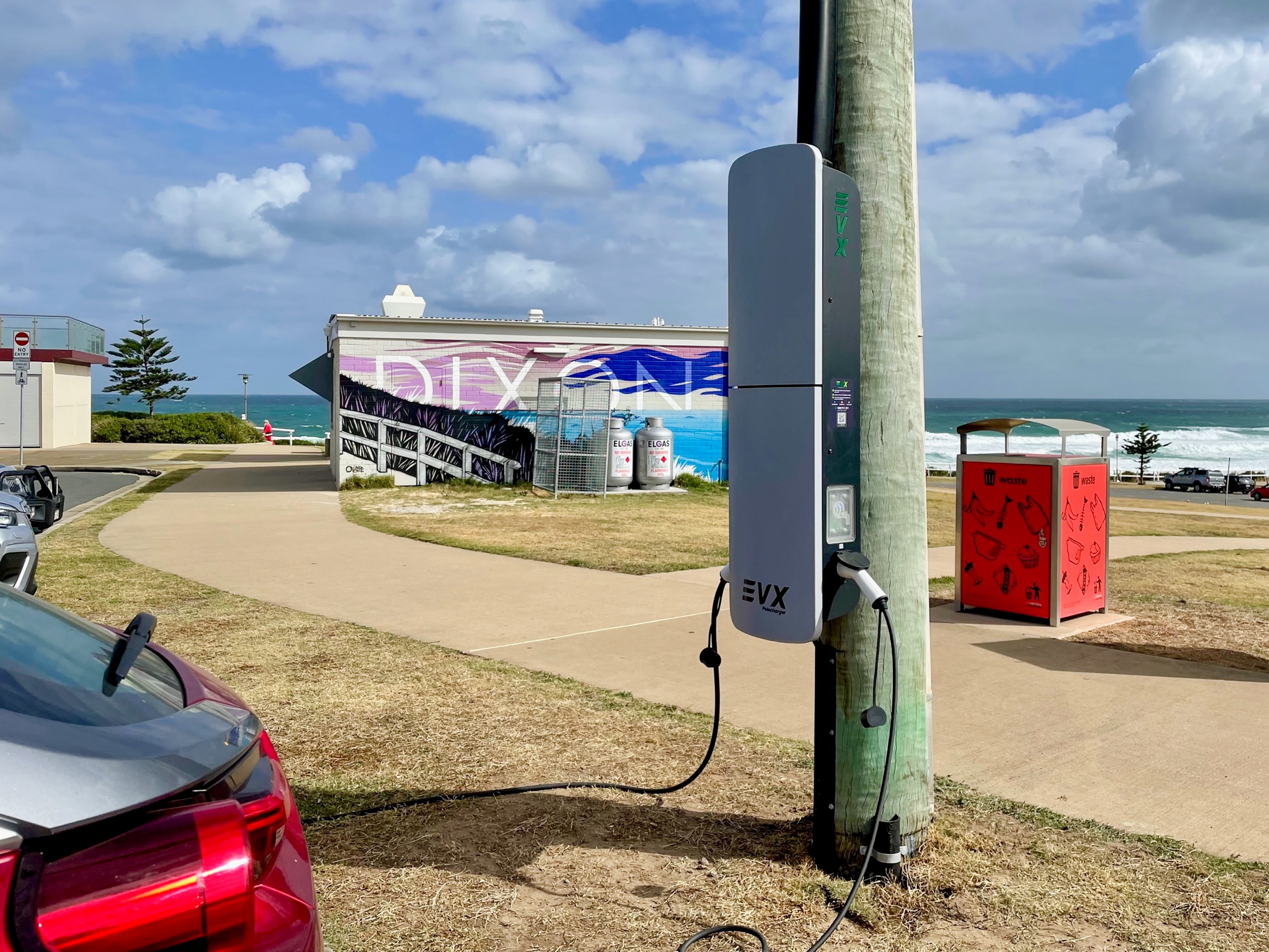
The plan was announced in Newcastle, a stone’s-throw away from where the first chargers will be debuted at Dixon Park Beach in Merewether, NSW.
Ausgrid’s Chief Executive, Richard Gross, said the rollout of EV chargers will boost owner and buyer confidence.
“We know the uptake of EVs is only going to increase in the coming years and projects like this show that if industry and communities work together, we can use existing infrastructure to roll out this technology quickly and conveniently,” he said.
“We believe we have a role to play to help our customers get ready for the energy transition, while making it as affordable and convenient as possible.”

Of course, Ausgrid’s ambitious undertaking can’t be achieved alone, and it will work in conjunction with local councils and technology providers (who supply the physical box and charging hardware) to determine the best locations for its charging network, from “busy suburban streets to popular tourist destinations and small regional towns.”
The first chargers will be installed in a partnership between Ausgrid, charging firm EVX and the City of Newcastle.
These chargers, according to EVX Chief Executive, Andrew Forster, will offer power at a flat rate of $0.50/kWh, lowering the cost barrier and making car charging “more accessible and affordable for both residents and visitors of Newcastle.”
Mounting them on existing power poles streamlines installation, and reduces extra urban clutter, said Gross.
Ausgrid’s announcement follows the NSW Government’s recent $80 million co-investment pledge towards electric chargers.
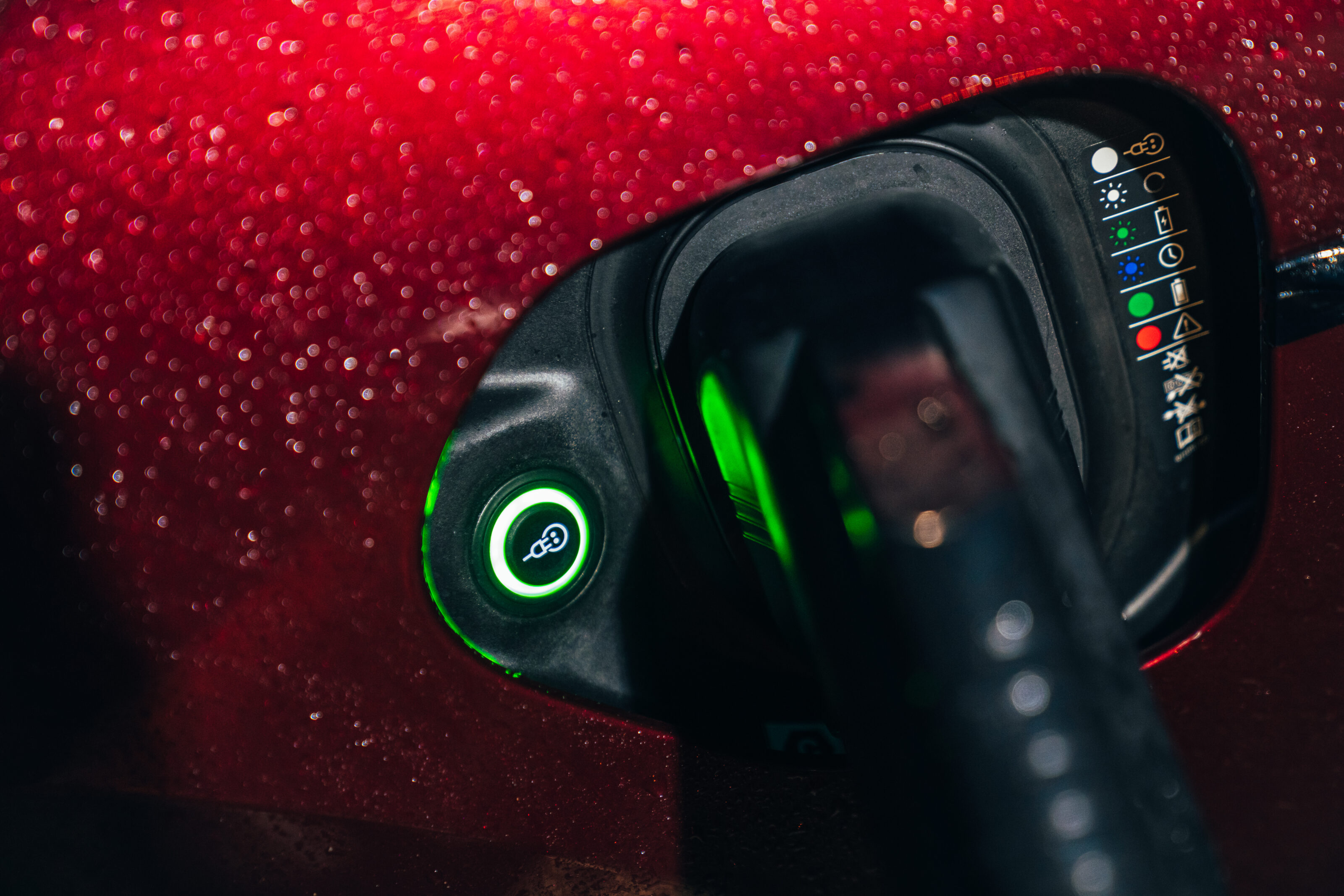
Brian Innes, a management consultant at Partners in Performance – a global management consulting firm, points out that pole posting could help offer flexible charging options for those who are unable to charge at home.
“If you’re in a city area where you don’t have a lot of off-street parking garages, we have to find a way to solve that, and pole-charging is something the rest of the world is looking at,” says Innes.
“The key question around this space is always who pays [for the infrastructure] and how do they get their money back.”
We recommend
-
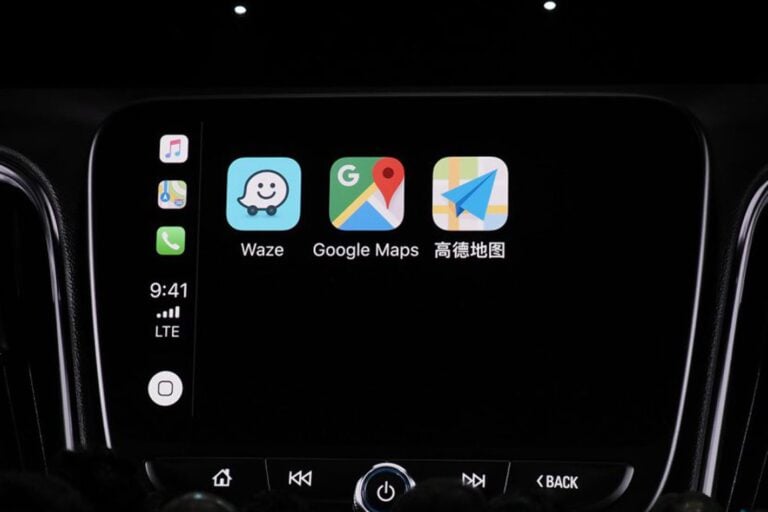 News
NewsGoogle Maps update helps find EV fast chargers
EV drivers now able to pinpoint fast chargers for their cars via latest version of Google's software
-
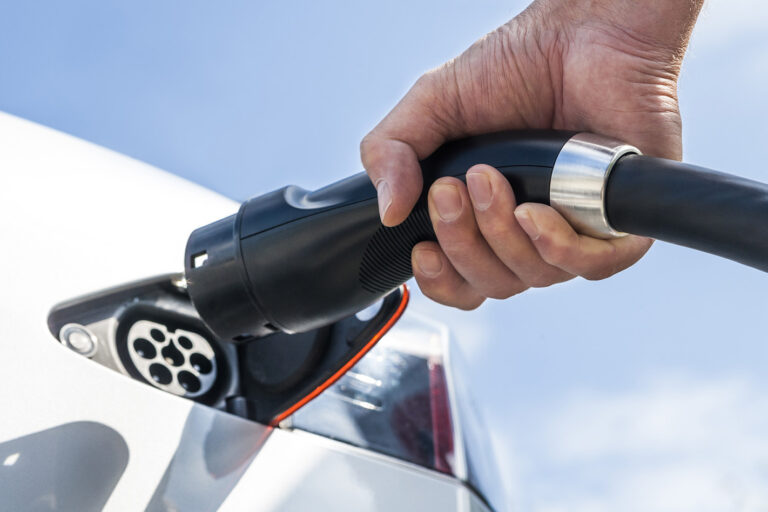 News
NewsNorthern Territory announces $300,000 grant scheme for EV and PHEV chargers
Electrified vehicle buyers in the Top End are being given extra incentives to go green
-
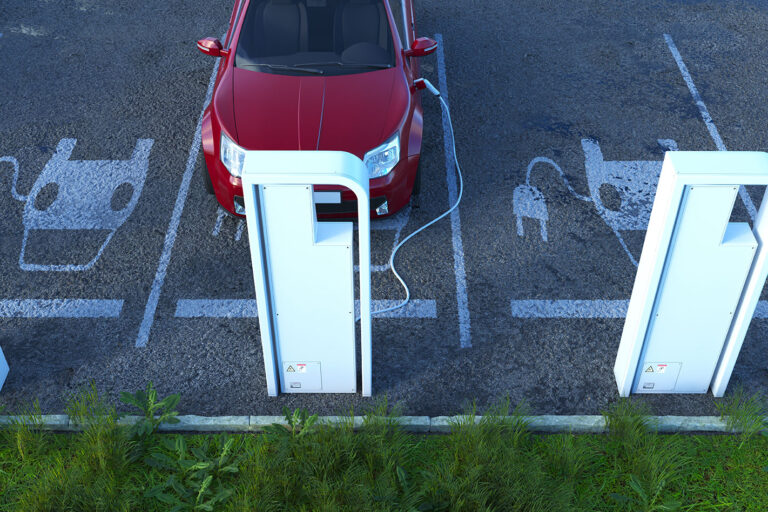 News
NewsMonash study finds EV chargers are an “eyesore”, home charging preferred
A Melbourne-based study reveals electric car home and public charging needs to be improved to encourage adoption and reduce inequalities.


